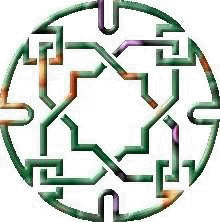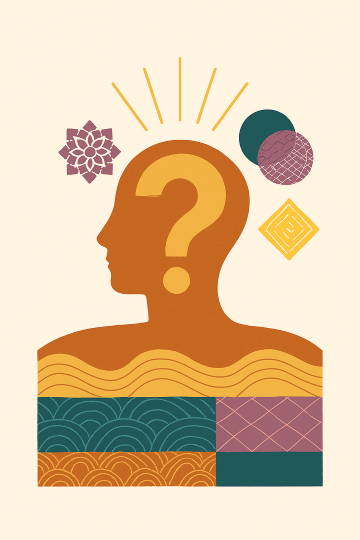

| Major World Philosophies |
| Philosophy in Major Culrures |
| World Philosophiccal Discourse |


Nicole Note,
Raúl Fornet-Betancourt,
Josef Estermann,
and Diederik Aerts
For us, a worldview reflects what generations of people have experienced, prior to any conceptual notions. These pre-conscious “experiences” have been and continue to be translated into comprehensible orderings which subconsciously explain how the world ontologically is, becomes, or is experienced. An example of these core beliefs in Western culture is the idea of the substantiality of each being. From these core beliefs, interpretations are deduced on a semi-conscious level, such as the autonomy of people. Both the notion of substantiality and autonomy manifest themselves culturally in language, in institutional structures, in daily habits and cultural traditions, in rules and norms. Once a person is embedded in these basic assumptions, it will be difficult to “believe” other ordenings. Yet, in spite of deeply branched articulations and their long-lasting nature, beliefs may change over long periods of time. This is because the ongoing interaction with other cultures and experiences within one’s own culture, and personal lives, constantly reshape worldviews in an uncontrollable way.
Central to the notions of worldviews and culture in this book are two presuppositions. These premises seem mutually exclusive, yet they both need to be balanced within human thought in order to fulfil their important functions. The first is that in order for a worldview to have an orienting function, it is indispensable to people that they perceive the basic beliefs of their worldview as “true” and “right”. The second assumption is that facilitating a genuine intercultural polylogue requires that these same people are able to relativise the basic categories of their own worldview.
Concerning the first presupposition, as stated above, we believe that a worldview has an orienting and a comprehending function. Orientation and comprehension are seen as two sides of one coin. By comprehending events, a worldview makes them meaningful. This suggested “explanation” is interiorised – semi-consciously or consciously – as insights. These insights then function as beacons, guiding people through their lives in two basic matters: ethical matters and matters regarding the “being”/becoming of the world. We believe that people need these broad beacons and cannot function well without them. Their loss may even lead to a sense of disorientation. People usually do not question these fundamental matters; their very role as beacons makes them almost unquestionable.
When taking a global perspective, however, one should be aware that the onto- logical status of these basic beliefs within a worldview can lead to absolutist or fundamentalist attitudes among their adherents. Within an intercultural global setting, an unconditional conviction of the trueness and justness of one’s own basic convictions hampers the possibility for a genuine polylogue between cultures. Such a polylogue requires a certain relativisation of one’s own understandings and a willingness to reconsider them. Without this, any intercultural encounter is doomed to fail from the start.
As is commonly known, however, cultural relativism also has its own danger. The absence of rational standards for judging can give way to the rational legitimation of indifference. It can also lead to existential uncertainty because of the discordance between what one “intuitively” and deeply experiences as ethically unacceptable and the discourses on relativism.
Our description of worldviews may create the erroneous impression that world- view is the overall basis determining the outcome of any personal or group decision. This of course is not our intent. For example, the decisions a person takes in life depend on many more factors, such as biological determination, personality, the subgroup one is attached too, past events, envisioned future possibilities or hindrances, and working and living conditions. The fact that we decided to focus on worldview in this book should not imply that it is the most decisive aspect in life. We do believe, however, that the influence of worldviews on the way we comprehend the world, others and ourselves, should not be underestimated or neglected. (Worldview and Cultures, ‘An Introduction’, p. 1-2.)
Reference:
Nicole Note, Raúl Fornet-Betancourt, Josef Estermann, and Diederik Aerts.2009. “Worldview and Cultures: Philosophical Reflections from an Intercultural Perspective”, Springer - ‘An Introduction’, p. 1-10.